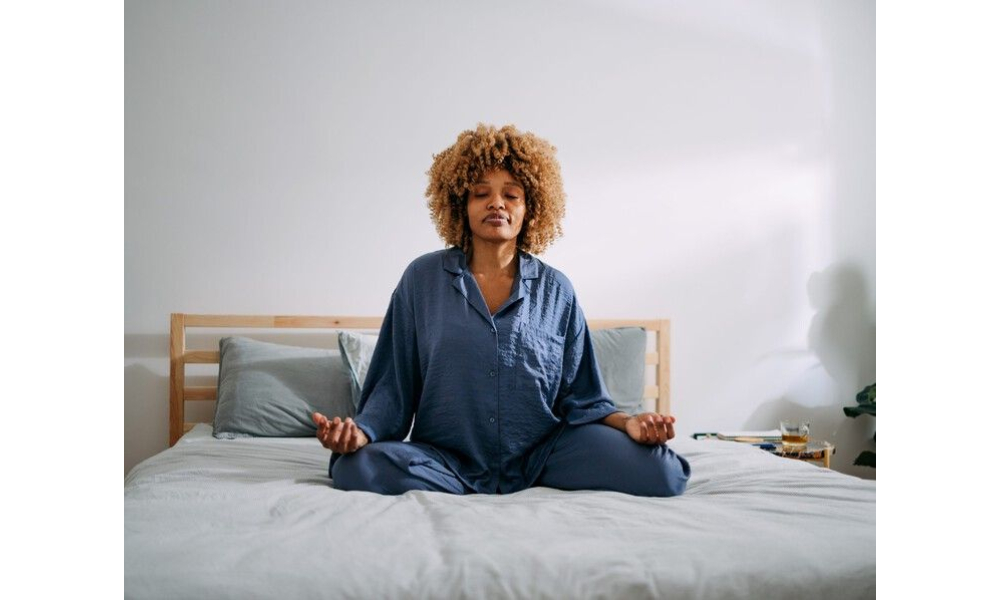Getting a good night’s sleep can feel impossible at times. Tossing and turning, staring at the ceiling, and watching the clock tick can make bedtime stressful. Fortunately, there are natural ways to calm your mind and body to fall asleep quickly. You don’t need medications to enjoy a restful night. By creating the right environment and adopting simple habits, sleep can come easier than you think.
Create A Relaxing Bedroom Environment
Your bedroom should be a sanctuary. Keep it cool, quiet, and dark. Soft lighting before bed signals your body that it’s time to wind down. Remove distractions like TVs or phones that can interrupt your sleep cycle. Comfortable bedding and a supportive mattress also make a big difference. A peaceful environment helps your mind settle and makes it easier to fall asleep fast.
Establish A Consistent Sleep Schedule
Going to bed and waking up at the same time every day trains your body to expect sleep at a certain hour. Even on weekends, try to stick to your schedule. Consistency strengthens your circadian rhythm, making it easier to drift off naturally. Over time, this routine reduces tossing and turning and helps you fall asleep fast without relying on medication.
Use Breathing Techniques To Fall Asleep Fast
Deep breathing is a powerful tool for relaxation. Techniques like the 4-7-8 method slow your heart rate and calm your nervous system. Inhale for four seconds, hold for seven, and exhale for eight. Repeat this cycle several times. Focusing on your breath distracts your mind from worries and encourages a faster, smoother transition into sleep.
Incorporate Gentle Evening Exercises
Light stretching or yoga before bed can release tension in your muscles and promote relaxation. Avoid intense workouts late at night, as they can energize your body instead of calming it. Gentle movement increases blood flow and reduces stiffness, helping you feel more comfortable. These exercises can complement other strategies to fall asleep fast naturally.
Limit Screen Time And Stimulants
Electronics emit blue light, which suppresses melatonin, the hormone responsible for sleep. Try to turn off screens at least an hour before bed. Caffeine and nicotine are stimulants that interfere with sleep patterns. By avoiding these in the evening, you give your body a better chance to relax. Cutting these habits enhances your ability to fall asleep fast and enjoy deeper sleep.
Practice Mindfulness And Meditation
Meditation and mindfulness exercises quiet racing thoughts. Simple practices like guided meditation or progressive muscle relaxation focus your attention away from stress. Journaling before bed can also help clear your mind. These practices reduce anxiety, making it easier to slip into restful sleep without needing pills.
Limit Late-Night Eating And Drinking
Heavy meals before bedtime can disrupt digestion and make falling asleep difficult. Opt for a light snack if necessary. Similarly, drinking too much liquid can lead to bathroom trips that disturb your sleep. Planning your meals and drinks thoughtfully in the evening supports your natural sleep rhythm and helps you fall asleep fast.
Conclusion
Falling asleep fast without medication is entirely possible with the right habits. By creating a calm bedroom, sticking to a routine, practicing breathing and relaxation techniques, and limiting stimulants, your body naturally prepares for rest. Consistency and mindfulness are key. With these strategies, bedtime becomes a peaceful, restorative experience, and deep, uninterrupted sleep is within reach.


